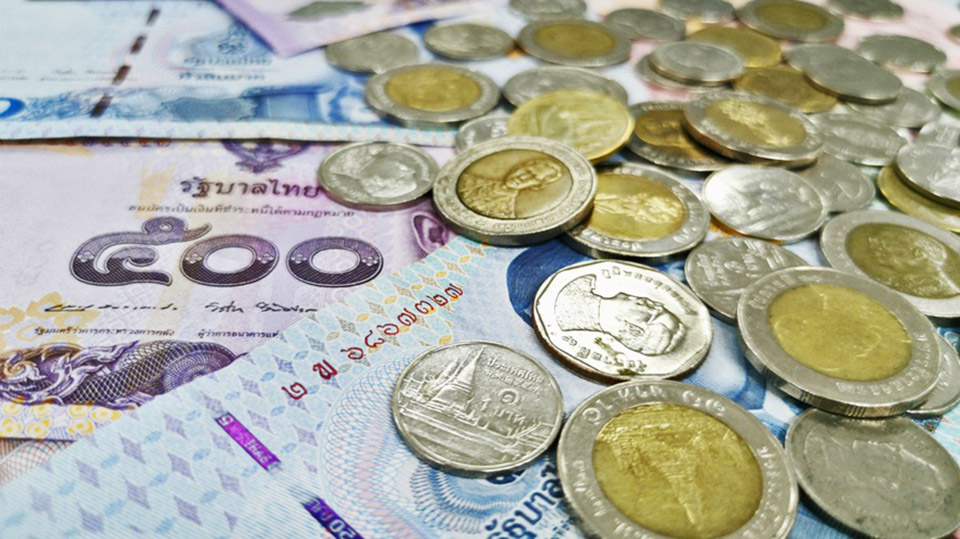
BANGKOK, Thailand – SCB Financial Markets (SCB FM) has forecasted that the Thai baht will remain stable within the range of 33.10-33.60 per US dollar over the next month. This comes after the Monetary Policy Committee (MPC) voted 5:2 to lower the policy interest rate to 2.25%. The baht weakened slightly following the rate cut but corrected back to near its original level. SCB FM also anticipates that the baht may strengthen towards the end of the year, ranging between 32.50 and 33.00.
Wachirawat Banchuen, Senior Financial Markets Strategist at SCB FM, noted that while the MPC has not signaled further rate cuts this year, future decisions will depend on economic developments. The recent rate cut brings the policy rate closer to the neutral rate, which is considered balanced for economic conditions.
After the MPC’s decision, the baht initially weakened before correcting back to its prior level. Thai government bond yields also declined, with 2-year yields falling by 10 basis points to around 1.91% and 10-year yields down 8 basis points to around 2.42%.
SCB FM expects the baht to remain stable in the 33.10-33.60 range for the next month. This stability is driven by the outlook that the U.S. economy will not weaken significantly enough to prompt an early rate cut by the Federal Reserve. Additionally, the ongoing conflict in the Middle East is not expected to escalate, and no significant changes in Thai politics are anticipated.
By the end of the year, SCB FM predicts the baht could strengthen to the 32.50-33.00 range if the U.S. presidential election favors Harris and if Thailand’s economy and inflation recover as expected. This could lead to a reduction in market expectations of further rate cuts by the MPC, which is currently anticipated to make one more cut in the first quarter of 2025 and another possible cut in the second quarter. As a result, bond yields could rise slightly.
The primary reason for the recent rate cut was to support financial system stability, particularly in terms of household debt. The MPC assessed that the rate cut would not significantly increase new debt, as household loan growth is expected to slow down. This will not impede efforts to reduce the household debt-to-income ratio. Additionally, the rate cut will ease interest burdens and improve debt repayment.
The MPC maintained its economic outlook, expecting growth in line with earlier forecasts, supported by improved government spending and exports, which will boost private consumption and overall economic recovery.
Inflation is expected to return to the lower end of the target range by the end of the year, with low risk of deflation, as prices are not broadly declining. The Bank of Thailand clarified that the rate cut was not driven by political pressure but acknowledged that political perspectives were considered in policy discussions. The inflation target will be reviewed to ensure flexibility and avoid setting rates too high.








